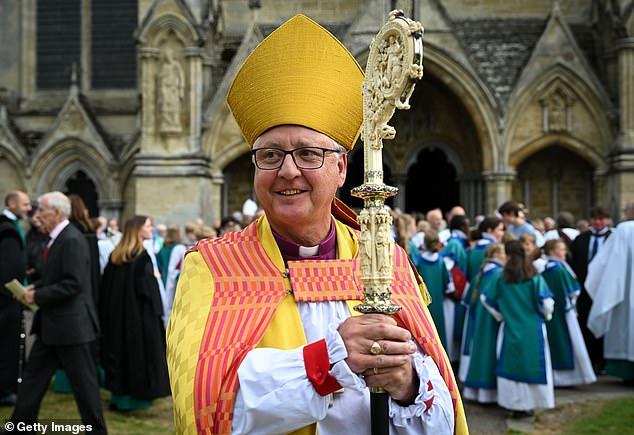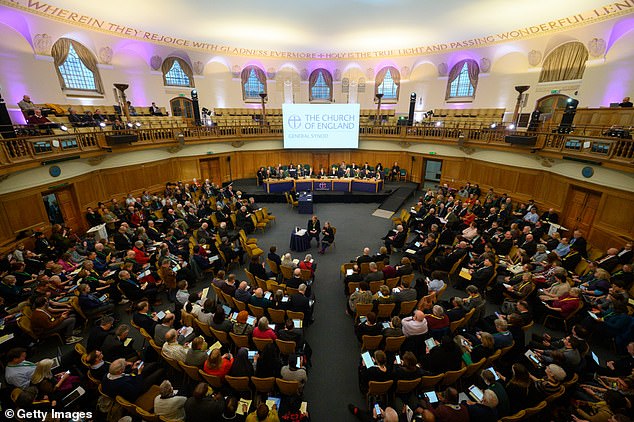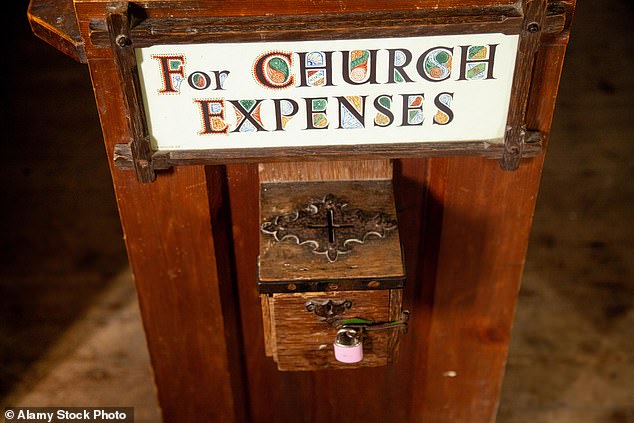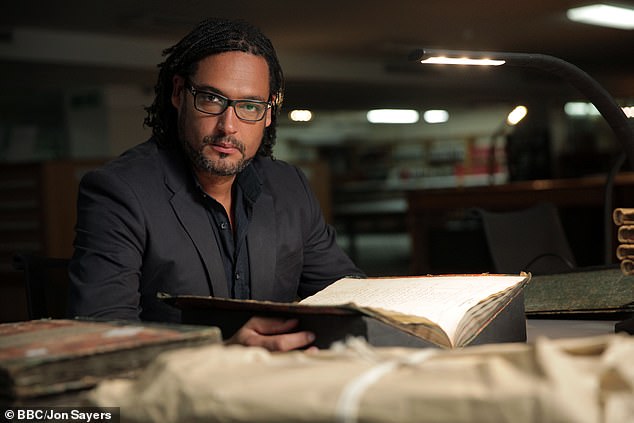Church of England leaders were forced to act over fears that anger at their £100million slavery reparations fund would hit income from the collection plate.
They admitted working with the Church’s ‘giving advisers’ – responsible for encouraging congregations to donate – to produce ‘myth-buster’ guidance amid the controversy.
The C of E announced last year it was establishing a £100million fund for reparations to recognise that it once profited from the slave trade.
It later revealed that there were plans to aim for a far larger target of £1billion by seeking funds from other parties.
The latest twist emerged in a written statement, published ahead of the General Synod this weekend, in response to a question submitted by House of Laity member Luke Appleton.



He had asked whether the Church Commissioners – who control the C of E’s purse strings – would compensate dioceses and parishes that suffered a loss of donations in response to the reparations fund.
The Bishop of Salisbury, Stephen Lake, who sits as deputy chairman of the commissioners, insisted no parish money was earmarked for reparations.
But he admitted the Church had worked with giving advisers in the hope that the policy would not hit the collection plate.
The Rt Rev Lake said: ‘Our funding commitment will be sourced in its entirety from the Endowment Fund managed by the Church Commissioners.
‘None of the money given to a parish church will be used for this fund. None of the money will come from parish income.’
He added: ‘We do not have any data about a material loss in giving due to the Church Commissioners’ work to address links to African chattel enslavement, although we have heard anecdotally that some givers may have chosen to withdraw support.
‘We have, however, worked closely with giving advisers to produce a myth-buster resource which outlines key facts about our response, and counters some of the misleading impressions given by some media coverage and others online.’ The Church has faced a significant backlash over the proposals.

In March, a report called for the Church’s £100million reparations fund to be increased to £1billion through contributions from wealthy families and companies ashamed of their links to slavery.
The report was branded ‘anti-Christian’, with critics warning the move risked putting off parishioners from donating.
The document sought to clarify ‘myths’ around the announcement, amid claims of misrepresentation.
It is understood that concerns that donations would dry up have since proved premature.
The money is due to be invested in black-led businesses focusing on education, economic empowerment and health. It will also provide grants to address these issues in communities affected by the legacies of slavery.
The Church of England’s £10.3billion endowment can be traced in part back to a fund given by Queen Anne in 1704, referred to as Queen Anne’s Bounty.
At the time it heavily invested in the South Sea Company, which shipped enslaved people from Africa across the Atlantic. The Church estimates 34,000 slaves were affected over 30 years.


